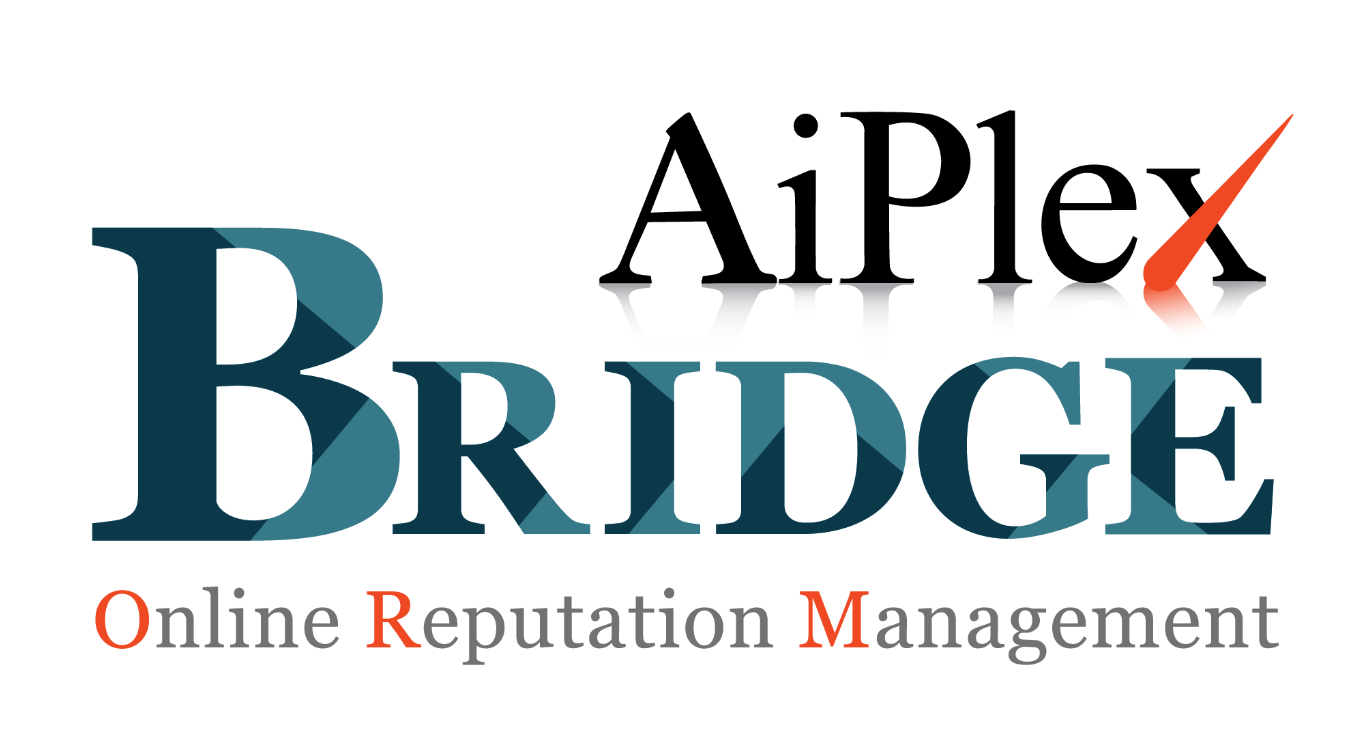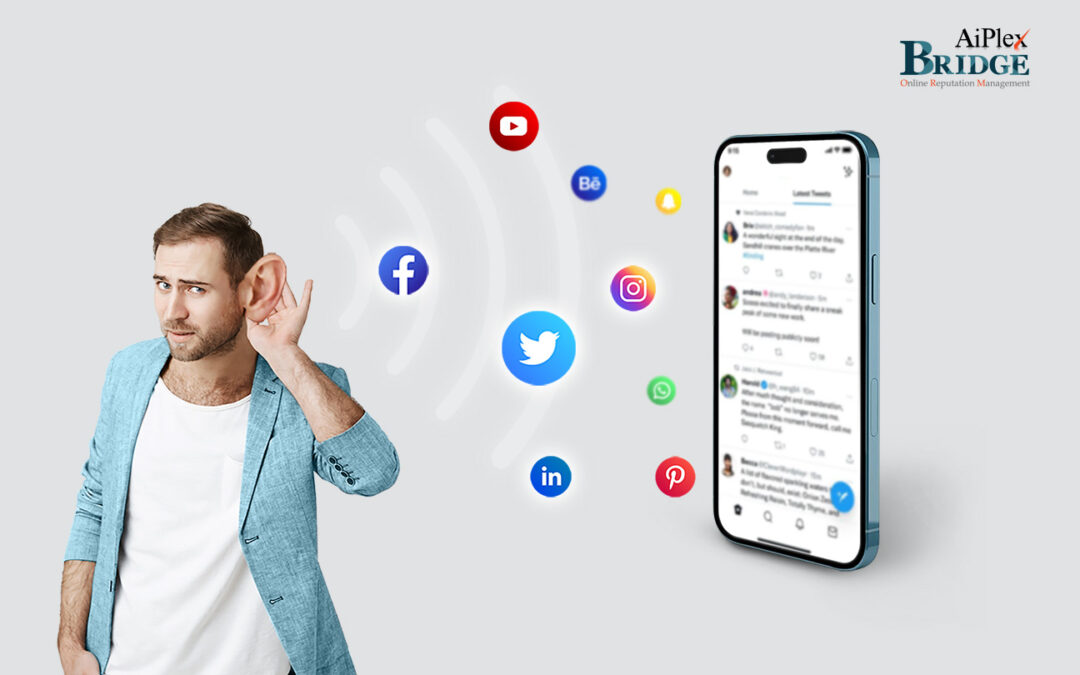
Managing Online Reputational Crisis: A Primer
“Your online reputation is your digital handshake to the world.”
Wouldn’t it be great if you had a crystal ball to gaze and predict reputational pitfalls? Unfortunately, there is no such crystal ball. Instead, you will find yourselves firefighting unforeseen reputational crisis, something that you are completely unprepared for. Sounds familiar?
In this post, we will discuss how reputational-crisis is unpredictable and how it can adversely impact your reputation. We will also explore what these scenarios entail and how to bounce back when things do not go your way.
What is Reputational Crisis? It’s nature and consequences to businesses.
Definition: Reputational crisis refers to any event, rumour, news, mishap that can have a detrimental impact on your brand’s name, image, or reputation.
Unpredictable is the “Key Word”: These tend to emerge out of nowhere, often catching businesses off guard.
Consequences: Reputational crisis can lead to various consequences, including:
- Loss of trust
- Loss of clients
- Loss of business partners
- Falling stock values
- Imposition of fines
- Incarceration of top management
- Business discontinuity
Sources of Reputational Crisis:
While reputational crisis is unpredictable, do keep a watch on these sources where reputational crisis situations are most likely to stem from:
- Social Media: Its reach and popularity can hugely amplify negative experiences or mishaps to a global audience.
- News Media: They can rapidly disseminate information wide and far.
- WhatsApp: This is an app that needs to be closely watched as its reach is mind blowing.
Examples of Reputational Crisis:
Reputational crisis can take many forms, some of which include:
- A roach in the food served in a Michelin-Star restaurant: This could put the very existence of the business at risk.
- A celebrity involved in a controversy: In the era of viral stories, even a minor misstep can go viral.
- A Top-Executive’s Foot-In-The-Mouth Statement: A top C-suite being indiscrete in his opinion on a sensitive topic.
- An Ad Campaign Gone Wrong: An ill-conceived ad campaign could trigger a controversy; racial, linguistic, gender, political, etc.
Managing Reputational Crisis:

Crisis management calls for a multi-pronged approach:
Proactive Monitoring: Keep a vigilant eye on your digital presence. Regularly search your name or brand online and deploy social listening tools to track mentions.
- Timely Responses: Address negative content promptly. Show empathy and a willingness to resolve issues. A swift, professional response can often defuse a situation.
- Content Creation: Counterbalance negativity with positive content. Regularly create engaging content that highlights your achievements and positive reviews.
- Transparency: When you make mistakes (and you will), be honest about them and take steps to correct them. Transparency builds trust.
- Online Etiquette: Be courteous and professional in your online interactions. Avoid getting embroiled in arguments or responding negatively.
- Legal Action: In cases of defamatory content, consider legal action. Consult and engage legal experts.
- Core Values Alignment: Align your actions with the core values, mission, and vision of your business.
- Preventive Measures: While not all online reputational risks can be predicted, putting in place a well-thought-out crisis management process and team can prepare you for potential worst-case scenarios.
Conclusion:
Reputational crisis looms large, ready to strike at any moment. Being prepared and being watchful is your best recourse.
At AiPlex, we are in the business of protecting the online reputation of some of the biggest names in the Indian corporate world. Our team possesses the wherewithal and expertise to handle any crisis‑situation. Be it a full-blown reputational crisis, malicious campaigns against your business by vested interests, negative media coverage, we will stand with you shoulder-to-shoulder in coming out of it unscathed.











